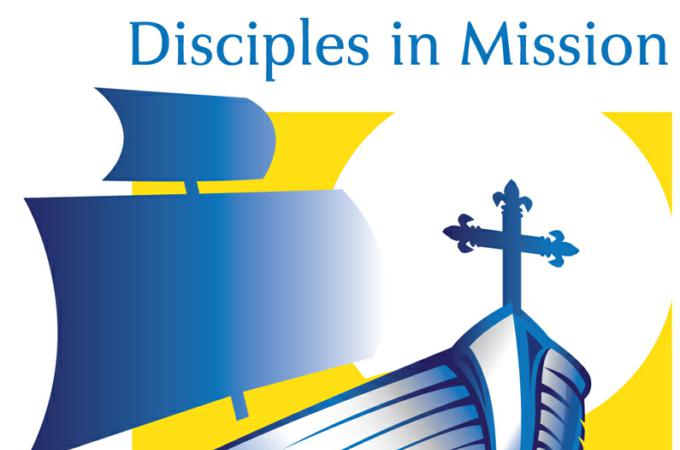Disciples in Mission Pastoral Planning Report
In 2014, a small group of lay people and clergy were appointed by Cardinal Sean P. O'Malley as the Pastoral Planning Advisory Board (PPAB). This group of people were charged with the task of evaluating the progress and effectiveness of the implementation of Disciples in Mission in the collaboratives. The results of their work is shared each year with Cardinal Sean. In the years since beginning their work, these yearly reports have focused on such topics as: collaborative training sessions, the local pastoral plan writing process and the effectiveness of the Disciple Maker Index survey, pastoral plan implementation.
This year's report focused broadly on two topics: 1) implementation of existing local pastoral plans (Phases I, II and III) and its impact on priests; and 2) progress in the training and writing of pastoral plans (Phase III only). There were two means of inquiry used: 1) an online survey for pastors and 2) face-to-face or telephone interviews with the pastors to explore more deeply and to gain insight into the survey findings. These interviews allowed the pastors to speak honestly about their work in the collaboratives. The results of this report were shared with Cardinal Sean on Oct. 26. After listening to the report, the cardinal asked the PPAB to share their findings with the Presbyteral Council at their October meeting. Cardinal Sean also thought it would be helpful to have the report shared with the wider presbyterate when they met on Nov. 29 for the Priest Convocation.
The following are some of the points that pastors reported as hopeful and energizing: the importance of personal prayer; prayer is necessary to help with the overwhelming responsibility of pastoring a collaborative; prayer with the staff builds cohesiveness and unity; close to three-fourths of those surveyed said the pastoral plan has been effective and helpful; the staff at the Pastoral Center has been supportive and helpful; more than 75 percent of those surveyed found the training sessions were done in a professional and effective manner. The Phase I pastors highlighted that the implementation of Disciples in Mission takes time. Having been at it for four years, they are just now seeing people coming to greater understanding of evangelization and the value of planning.
The following are areas that pastors named as causing concern: the demands of the collaborative make it difficult to maintain relationships with family and brother priests; some priests have seen an increase of stress in their lives and less time for physical exercise pastoring in a collaborative; pastoring a three parish collaborative is very difficult; some pastors felt that the implementation time frame is too short and requires more flexibility; and not surprisingly, more than 75 percent reported insufficient financial resources.
Cardinal Sean acknowledges that Disciples in Mission is hard work. Strengthening parishes to become strong centers of the new evangelization, as well as helping people to grow in their discipleship, will take many years of work. In spite of the fact that this is not the easiest way forward, it is the direction that the archdiocese is moving and will require patience on the part of clergy and laity alike.
One of the results of the PPAB's work that pastors report is that whenever advance preparation has been undertaken, the staffs and parishioners are more ready to begin the work that is required. This was highlighted very well at the convocation last week; one priest spoke of the importance of preparing the people in advance of their becoming a collaborative. Speaking from personal experience, he said that the previous pastor made some hard but necessary decisions in the year prior to his arrival and, by doing so, made the transition easier. This priest didn't have to come in and make those changes and thus be seen as the "bad guy." That is just one way of helping the collaboratives to get off to a good start.
In his closing remarks, Cardinal Sean acknowledged that some of the things pastors had previously been able to do in their parishes are no longer possible because of the responsibilities of multi-parish pastoring. He strongly urged the priests to spend time forming strong lay leadership in the parishes. These lay leaders can then take on some of the administrative responsibilities, and thus free up the priests for the work of evangelization.
All in all, the response to the PPAB report was positive and the priests were grateful for the honesty of the report. There is still much to be done and so it is important to keep praying for the priests and leadership of the collaboratives.



















